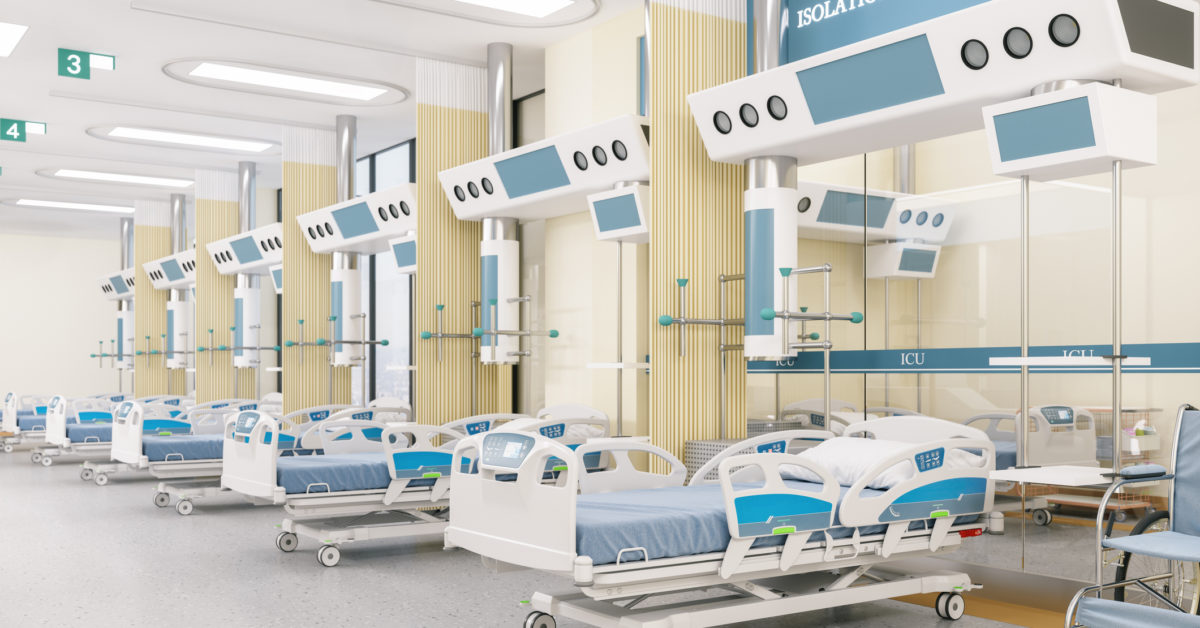A cycle of blood clotting and inflammation may contribute to the breathing difficulties of some COVID-19 patients. A forthcoming clinical trial will assess whether a type of drug already approved for the prevention of blood clots after a heart attack or stroke might help prevent these difficulties.

Critically ill patients can develop a severe inflammatory lung condition called acute respiratory distress syndrome (ARDS), which affects their ability to breathe unaided.
The hallmark of ARDS is damage to the lining of the lungs from inflammation that allows fluid to build up in the lungs. This inflammation activates increased coagulation within the small vessels of the lungs.
As part of this blood clotting-inflammation cycle, the uncontrolled development of microclots in the small blood vessels of the lungs and the microfibrin plugs in the small air sacs of some COVID-19 patients contribute to severe breathing difficulties.
Stay informed with live updates on the current COVID-19 outbreak and visit our coronavirus hub for more advice on prevention and treatment.
Apart from supportive care and mechanical ventilation in an intensive care unit, there is currently no effective treatment.
The American Hospital Association’s “best guess” of the worst case scenario is that 1% of people in the United States who develop COVID-19, the disease that the novel coronavirus causes, could require mechanical ventilation in hospital as a result of ARDS.
Their predictions also suggest that 96 million people in the U.S. will eventually get COVID-19. Should this occur, it would mean that a total of 960,000 people would need mechanical ventilation.
The Society of Critical Care Medicine estimate that there are only about 200,000 ventilators in the U.S.
A team at Beth Israel Deaconess Medical Center (BIDMC) in Boston, MA, has suggested that giving a widely available anticoagulant to some of these patients may not only help save their lives but also reduce the time that they need to be on a ventilator.
If successful, this would free up the machines more quickly for other COVID-19 patients who need them.
Medical News Today have previously published an article about this potential use of the drug, but now, researchers have announced that the clinical trial testing its benefits is underway.
In 1996, the Food and Drug Administration (FDA) approved the drug, which is called tissue plasminogen activator (tPA), to prevent blood clots in people who have had a stroke, pulmonary embolism, or heart attack.
It is an enzyme that occurs naturally in blood and tis

